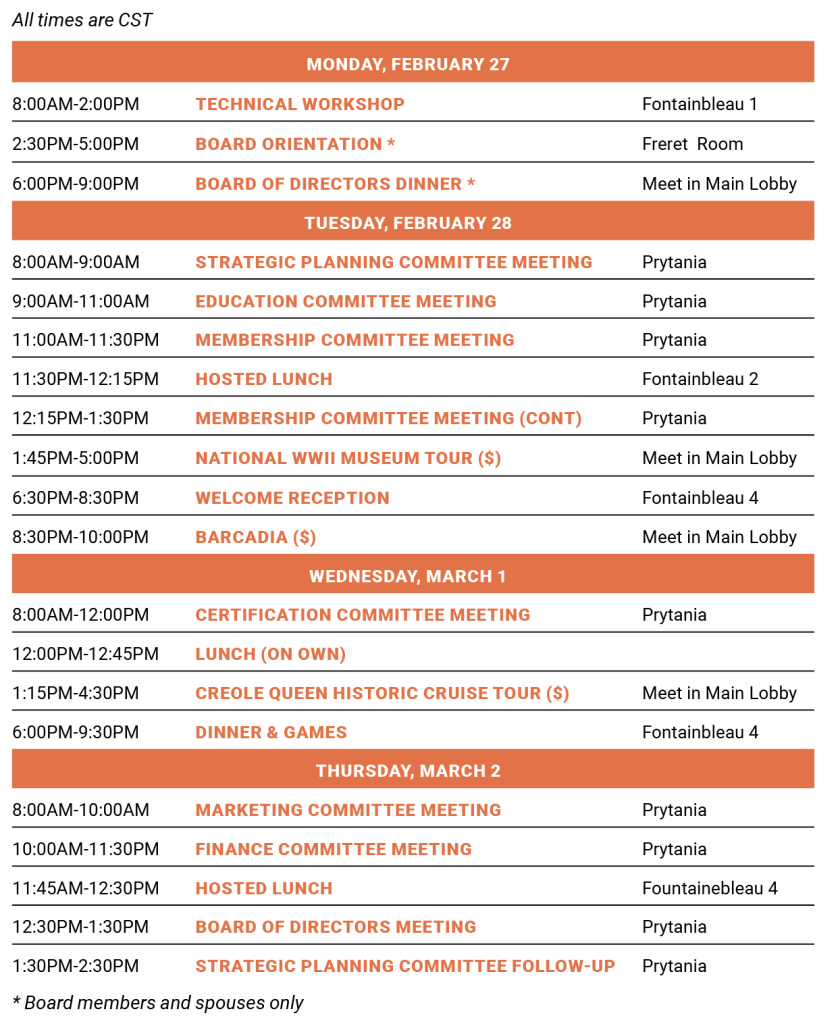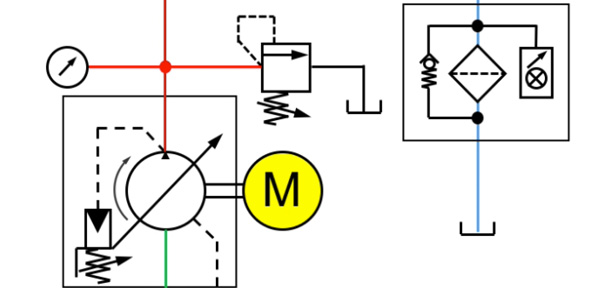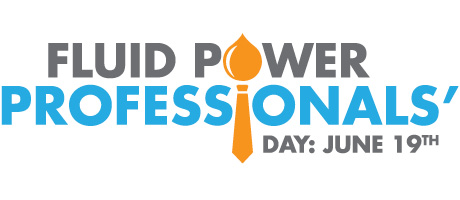IFPS Spring Meeting Open to All Members
The IFPS Spring Meeting will be held in person and virtually Feb. 27–March 2 in New Orleans.
Why attend? You’ll meet a dedicated (and fun) group of professionals who exchange ideas and technologies, on ways to improve and educate the fluid power workforce. Our board members have diverse backgrounds and work in many different segments of the industry. So the discussion is lively and informative. Imagine the things you’ll learn!
Each of our committees – Education, Certification, Membership, Marketing, and Finance – follow a mission statement, and each team works together on projects to meet those goals. Our members’ input is vitally important, so if you can’t participate virtually or attend in person, consider joining one of our committees. Contact vpiro@ifps.org.
In addition to committee meetings, tours, and networking, a technical workshop titled A Deep Dive into Cartridge/logic Valves and Pilot Operated Check Valves will be conducted by Ernie Parker, CFPAI, and will be held on Feb. 27, 8 a.m. to 2 p.m. [CST].
Parker will take a deep dive into some of the most popular components in a fluid power system. He will cover pilot-operated check valves outlining proper applications, sizing the correct ratio for different applications, designing circuits with pilot-operated check valves, and why orifices are often needed. In addition, he’ll cover counterbalance valves detailing proper applications, adjusting counterbalance valves as compared to other pressure control valves, sizing the correct ratios for different applications, determining when one should use internal pilot, external pilots, or both, designing various circuits where counterbalance valves are needed and using counterbalance valves versa a flow control to increase efficiency when variable speeds are needed and safety concerns of over pressurization. Also, designing efficient, cost-effective circuits using standard type components that will have a relativity short payback, covering: how to properly apply flow dividers, when to use a proportionator (rotary type) or a spool type flow control, examples of efficient circuits, designing a mobile system using dual reservoirs for contamination reasons and to reduce maintenance, applying a cylindrical reservoir with proper filtration and cooling and new best practice inlet plumbing, correcting mistakes that have been made for years.
Register at www.ifps.org.







